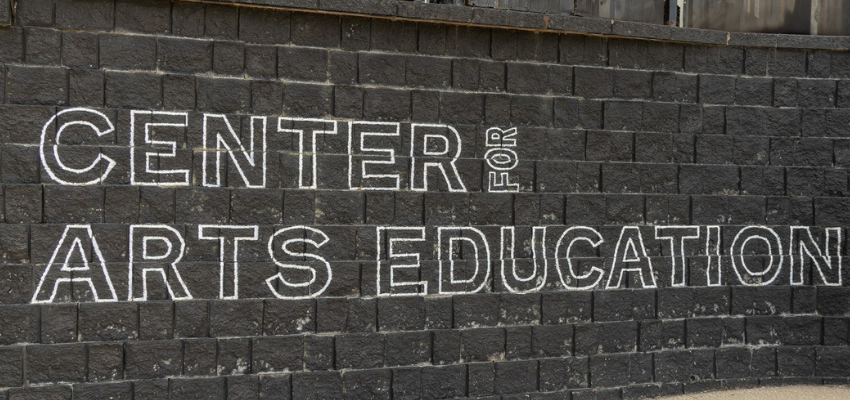As we exit the all-too-short Teacher Appreciation Week, it is only fitting that we continue to honor educators by highlighting the work of the New Jersey Performing Arts Center’s Arts Education Department. In collaboration with Rutgers University-Newark, NJPAC is introducing the new “Teaching Artist Certificate Program.” Marking the first of its kind, thanks to the novel collaboration between a performing arts center and a higher education research university, the new Teaching Artist Certificate Program offers an 8-week in-person summer program that offers “holistic training in justice-oriented arts education pedagogy and business practices.”
Say that three times fast.
While it may be a mouthful, the mission is simple - to provide artists with the knowledge and means to educate future creatives. The program is open to college students and change-of-career individuals who have a creative practice, and artists who require foundations of educational, teaching and learning methods and business practices. The inaugural session will begin on June 10, 2024, and run through August 2, 2024, with applications being accepted until all program seats are filled.
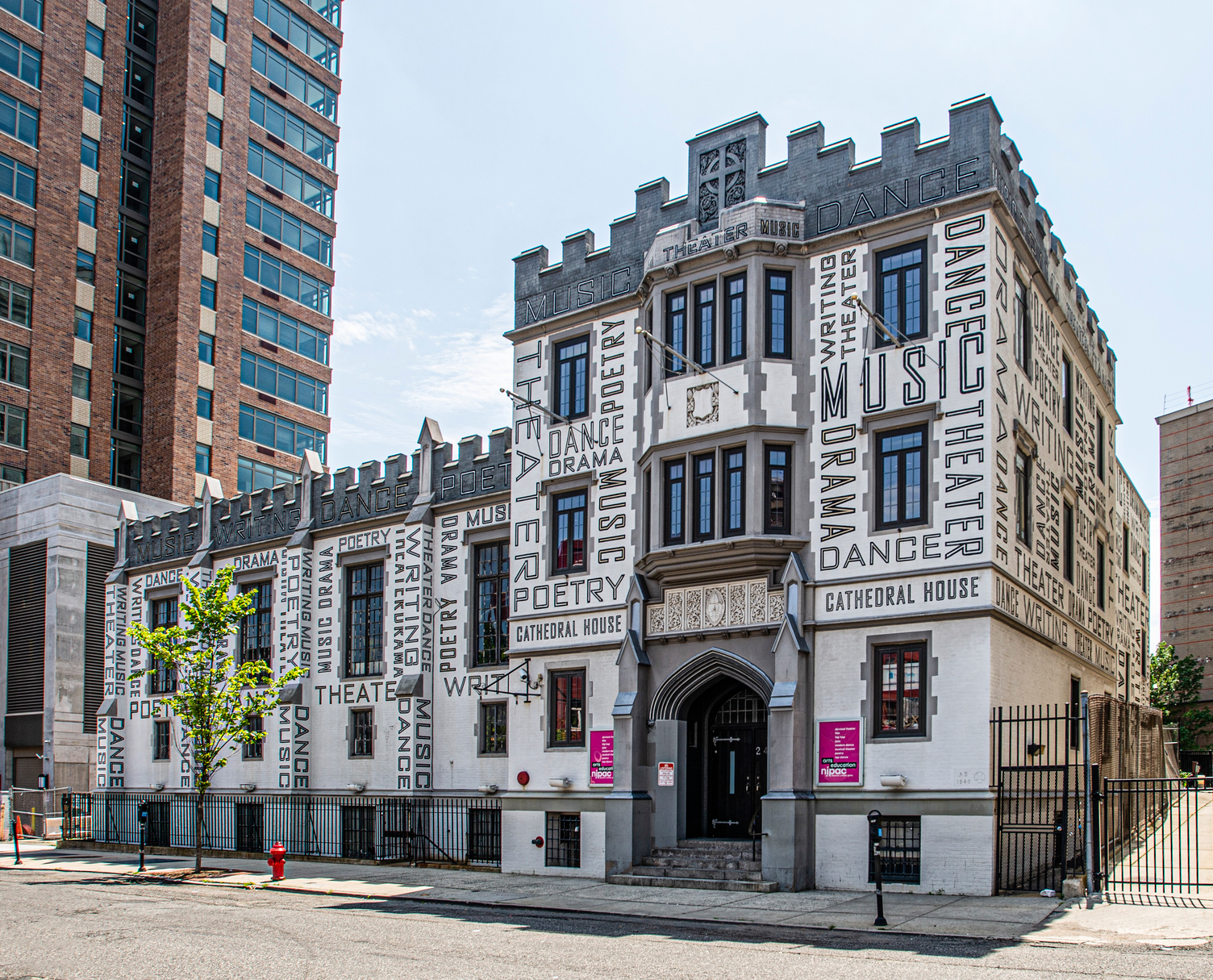 While NJPAC and Rutgers University-Newark are not new to collaboration, this particular idea was born from a conversation between Rutgers’ Executive Vice Chancellor Sherri-Ann Butterfield, a Professor of Sociology at Rutgers-Newark, and Jennifer Tsukayama, Vice President of Arts Education at NJPAC. Butterfield is a member of the NJPAC Arts Education Board Committee, and through a typical committee discussion, grew the idea of pursuing a program that would result in a new crop of teaching creatives who, as this country is acutely aware of, are always in high demand.
While NJPAC and Rutgers University-Newark are not new to collaboration, this particular idea was born from a conversation between Rutgers’ Executive Vice Chancellor Sherri-Ann Butterfield, a Professor of Sociology at Rutgers-Newark, and Jennifer Tsukayama, Vice President of Arts Education at NJPAC. Butterfield is a member of the NJPAC Arts Education Board Committee, and through a typical committee discussion, grew the idea of pursuing a program that would result in a new crop of teaching creatives who, as this country is acutely aware of, are always in high demand.
Three years in the making, this project has been simmering for quite some time. NJPAC currently offers several educational programs for children that are taught by an existing roster of teaching artists. Tsukayama explains that these artists are recruited through a rigorous process wherein they must apply, audition, and then interview before moving forward to employment. These artists are expected to have a pre-existing background in education before learning the pedagogy of the NJPAC Arts Education Department. However, with this new opportunity, NJPAC will be aiding in the creation of a new roster of capable educators.
Tsukayama assures that “the candidates for the certificate program will walk away with a true sense of how to make it as a teaching artist. This means knowing 1) how to teach in a justice-oriented way, 2) the pathways a current teaching artist can take, and 3) the ways to handle the business aspects of being a teaching artist.”
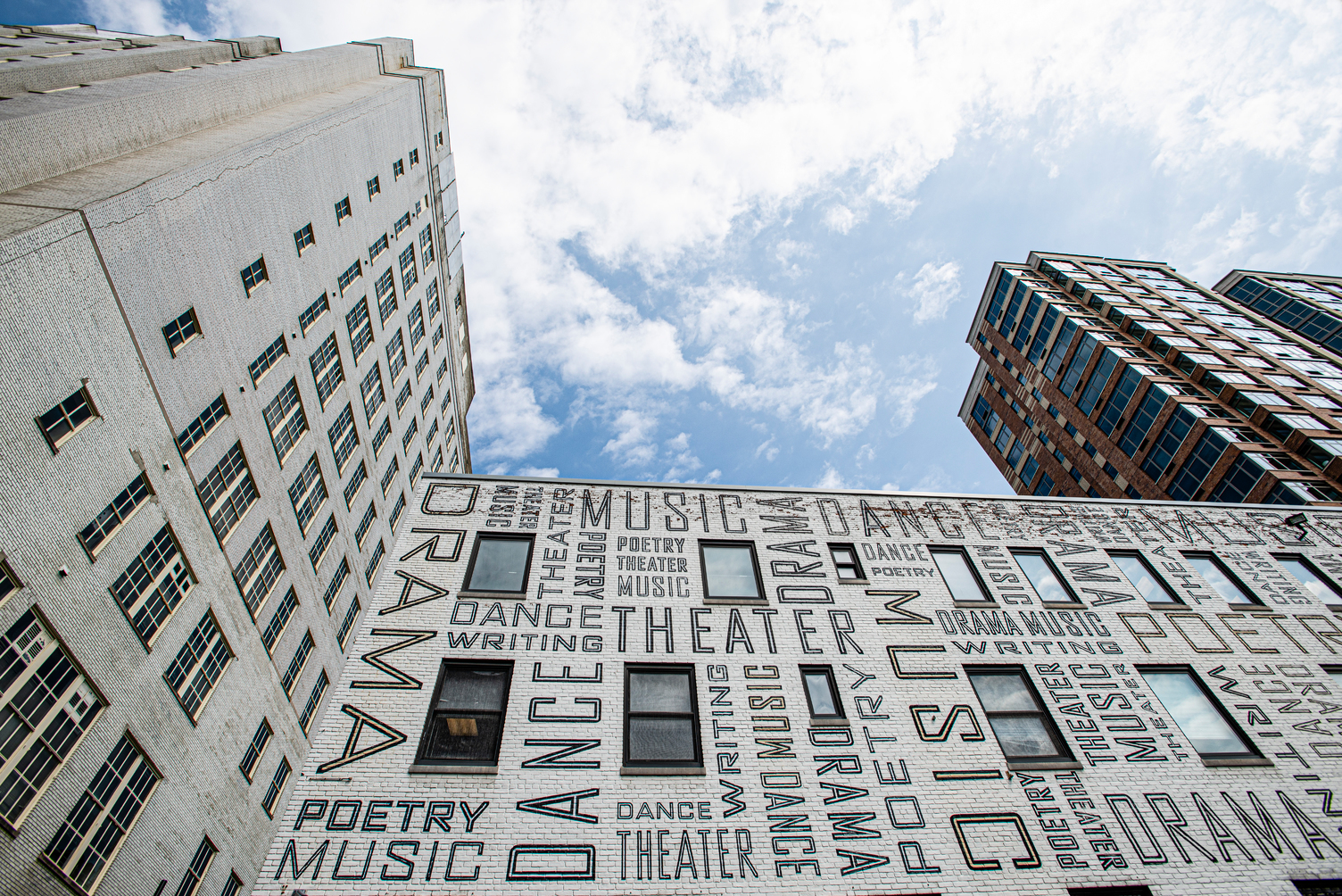 It is evident when speaking to her that this program means a great deal and its success will encourage growth in NJPAC’s endeavor to further arts education not only in the Newark surrounding areas but across New Jersey.
It is evident when speaking to her that this program means a great deal and its success will encourage growth in NJPAC’s endeavor to further arts education not only in the Newark surrounding areas but across New Jersey.
She continues, “Arts and cultural economic activity accounted for 4.3 percent of GDP, or $1.10 trillion, in 2022 (according to the U.S. Bureau of Economic Analysis), and teaching artists are a significant part of that. But in addition to their contributions to the GDP, they are also bridges—bridges to community, education, corporations, and healthcare.
“They can reach people where they are, draw them in, and engage with them. They can illuminate new things - about the art form, oneself, and the project. They can help in the classroom or the prison system. They can assist with the youngest of us - newborns and their mothers connect. They help students learn to act, sing, or drop a beat. They can help those in the ICU with one-on-one sessions playing music or drawing. Wherever they are, they bring joy.”
The weight of this endeavor is evident in the aforementioned examples. As such, NJPAC employs social workers alongside their teaching artists to ensure sensitivity training and an understanding of how to engage with young students compassionately. These elements are highlighted in the new certificate program as well.
There has been a consistent movement to inform the masses as to the importance of the arts, most notably during the recent pandemic wherein television, film, books, TikToks and more were entertaining billions and keeping them distracted and (relatively) sane during an intensely trying time. Likewise, it is important to understand that to allow for these comforting mediums to thrive, we must educate the future artists who will create the art that will accompany us in our darkest hours. And in our happiest hours! We should be grateful for the artists who take the time to teach their craft to others and to the facilitators who aid them in their pursuit to do so.
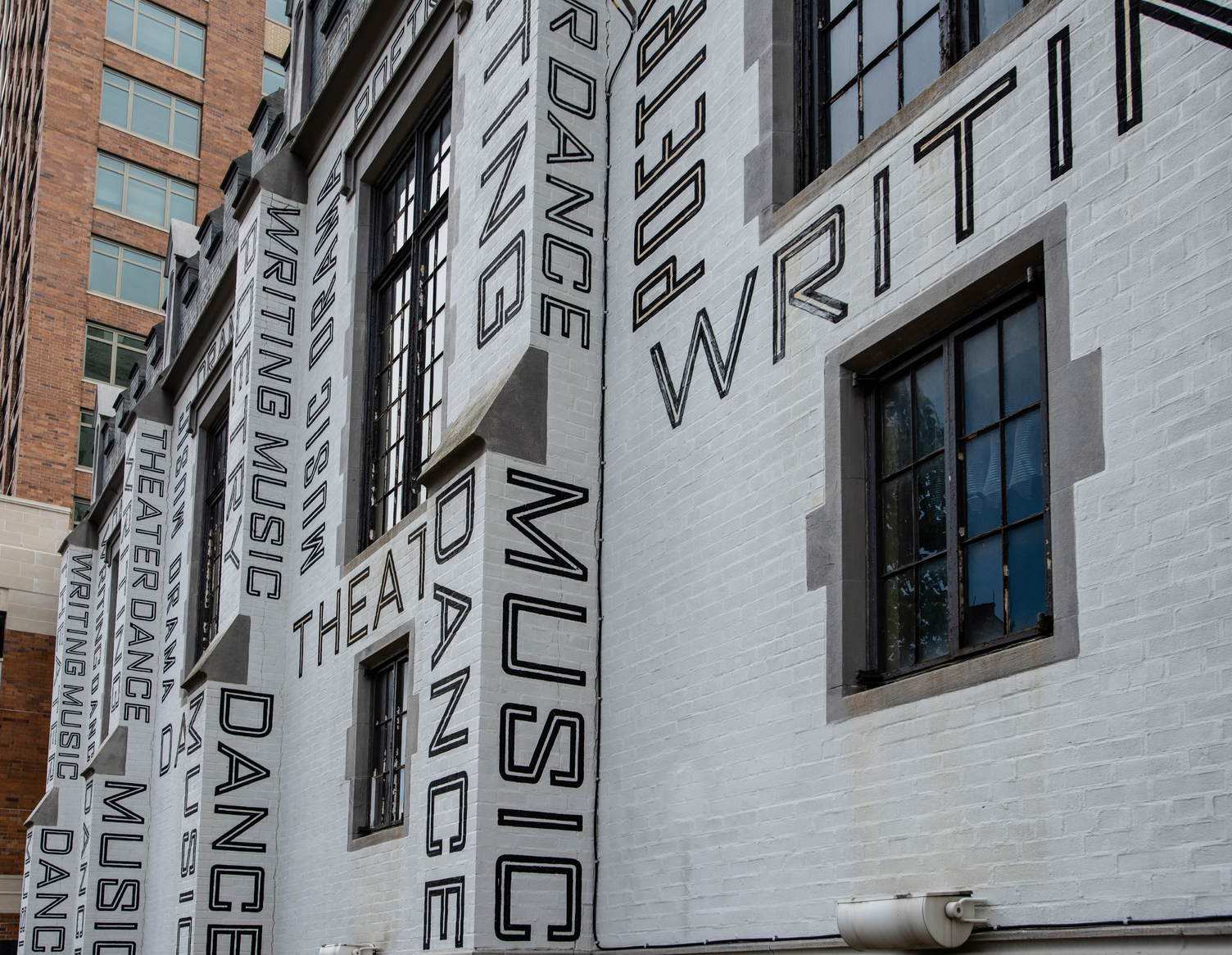 Shannon Pulusan, Special Assistant to the VP of Arts Education, adds “The teaching artist vocation is wide-reaching in several pathways of education, community, healthcare, and corporate working with diverse audiences in age, artistic ability, cultures, language, and more. Through our summer intensive, TA Cert candidates will work closely with NJPAC’s young artists (ages 9-12) during our Creative Arts Camp. While we hope to expand fieldwork and practicum opportunities, the candidates will also network with other arts organizations and teaching artist hubs.”
Shannon Pulusan, Special Assistant to the VP of Arts Education, adds “The teaching artist vocation is wide-reaching in several pathways of education, community, healthcare, and corporate working with diverse audiences in age, artistic ability, cultures, language, and more. Through our summer intensive, TA Cert candidates will work closely with NJPAC’s young artists (ages 9-12) during our Creative Arts Camp. While we hope to expand fieldwork and practicum opportunities, the candidates will also network with other arts organizations and teaching artist hubs.”
Nothing, at least nearly nothing, in the art world is created in a vacuum. As such, it is important to mention the organizations that are collaborating with the “Teaching Artist Certificate Program” this summer, including the Institute for Anti-Racist Education, Mental Health Association of Essex and Morris, Kennedy Center, Lifetime Arts, Arts Ed Newark, Arts Ed NJ, Garden State Equality, and more. Author and expert teaching artist Eric Booth also serves as a consultant and facilitator for this program.
While many organizations throughout the country offer teaching artist professional development and teaching artist job placement, such as the Teaching Artist Training Institute and KEXP, as mentioned earlier, the “NJPAC Teaching Artist Certificate Program” is unique in its attachment to a higher education research university and a still operating performing arts center. As Tsukayama says, “The hope is that this program will continue and evolve in the years to come with other institutions following suit.”
It is always advisable to research and choose the program that is the best fit for you. More information about this program and NJPAC can be found at njpac.org.

